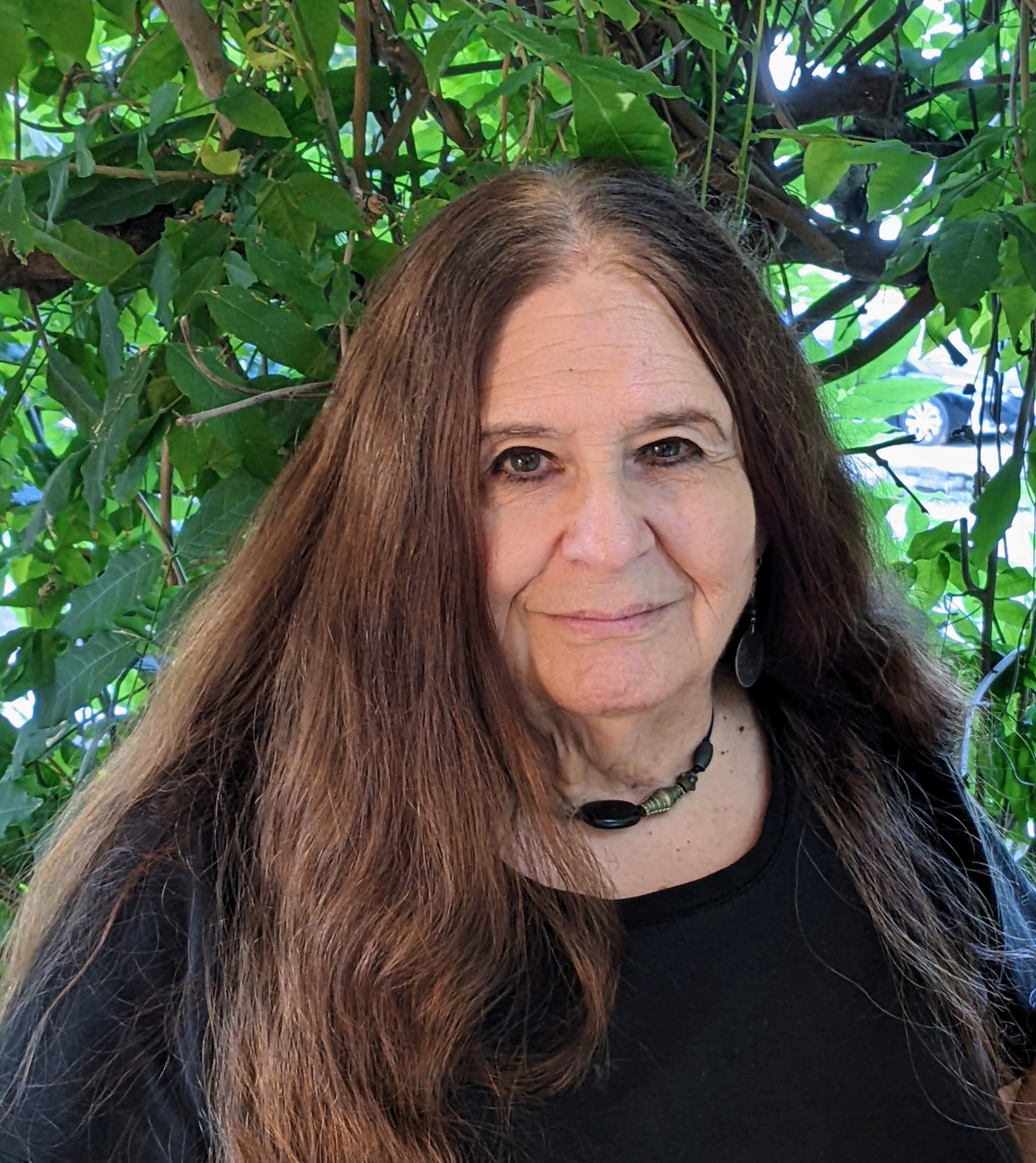
My brother and I were at Sinai
He kept a journal
of what he saw,
of what he heard,
of what it all meant to him.
I wish I had such a record
of what happened to me there
It seems like every time I want to write
I can't —
I'm always holding a baby,
one of my own,
or one for a friend,
always holding a baby
so my hands are never free
to write things down.
And then
as time passes,
the particulars,
the hard data,
the who what when where why,
slip away from me,
and all I'm left with is the feeling.
But feelings are just sounds
the vowel barking of a mute.
My brother is so sure of what heard —
after all he's got a record of it —
consonant after consonant after consonant.
If we remembered it together
we could recreate holy time
sparks flying.
Reflection Questions
- What is Feld’s view in the first and second stanzas of who was present at Sinai? What regret does she express?
- What is the conflict the poet describes in the third stanza?
- According to Feld, what happens to “hard data” about events as time passes?
- What is the relationship between the feelings with which the poet is left and the record her brother has of events?
- How does Feld suggest that she and her brother together could re-create “holy time”?
- How would you summarize the main point Feld is trying to make in this poem?
- How does the poem compare with your vision of Sinai?
- Can you think of an important event in your own life for which you have no record but only feelings? How would your memories of that event be enhanced or changed if you did have a record of what transpired?
This poem and other reflections can be found in "The Torah: A Women's Commentary."

